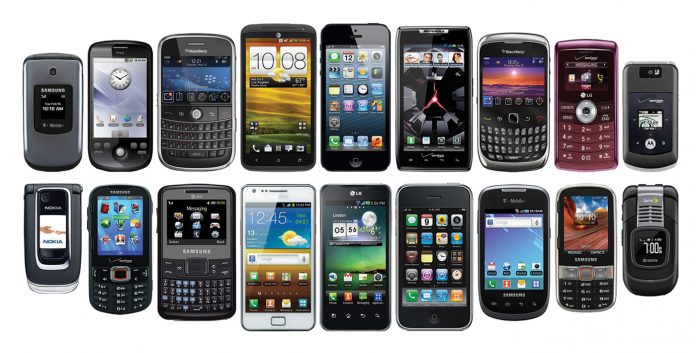
ISLAMABAD: The Engineering Development Board (EDB) management has approved the submission of mobile device manufacturing policy to the Ministry of Industries and Production.
EDB Chairman Almas Hyder approved the policy while chairing a meeting of the board management the other day. The policy has been drafted, after extensive stakeholder consultation, with the objective of encouraging local manufacturers in the sector through technology acquisition and localisation.
The proposed policy is expected to promote local investments and foreign direct investment. Local device manufacturing activity is projected to create 200,000 direct and indirect jobs in the country alongside the development of efficient manufacturing eco-system and linking Pakistan to the global supply chain.
Pakistan is the seventh largest market for mobile sets with annual sales of 34 million sets in 2019. With an increasing demand and competitive advantage of labour cost, it can develop into a major industry capable of generating an export surplus to sell its brand of ‘Made in Pakistan’ in the international markets.
The board also deliberated on the Electric Vehicle Policy drafted by EDB in consultation with concerned stakeholders. It was proposed to have a comprehensive policy framework to not only cater for electric vehicles but that covers emerging technologies in this sector as well as ensuring that the supply chains of the existing players may not be disrupted.
The board emphasised on the need to have a favourable incentive regime to promote local investments and attract Foreign Direct Investment (FDI). A comprehensive plan for participation of the engineering sector in international trade fairs and exhibitions were also presented in the meeting. The members appreciated efforts made by EDB’s management to promote engineering sector of Pakistan. The chairman advised to organise trade delegations to various Free Trade Zones of Africa to tap the huge export potential in this region.
The members also advised to look for trade opportunities in European and American markets. The EDB CEO also briefed the members on the competitive and efficiency improvement and export enhancement exercise being undertaken by the EDB. In this regard, 350 companies, associations, chambers were approached to invite proposals in order to address the anomalies in tariff cascading, procedural delays in availing benefits like DTRE and technological constraints in meeting international benchmarks.
These proposals once consolidated/evaluated by EDB and approved by the board will be submitted to the National Tariff Commission for approval. In addition to the above, other administrative matters also came under discussion to seek advice of the board members. The EDB board members appreciated the tasks being undertaken by EDB’s management to revitalise the organisation and gave many suggestions to improve the working of this important organisation to play its part well in the national as well as the development of local industry.






















